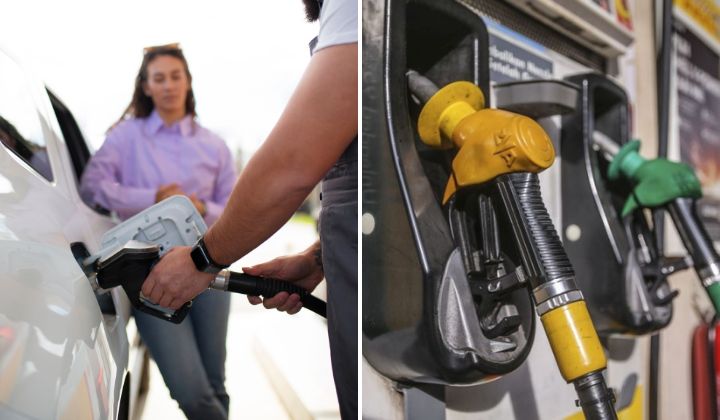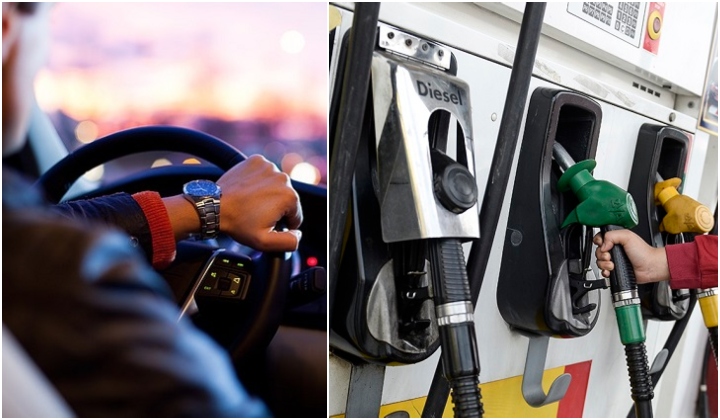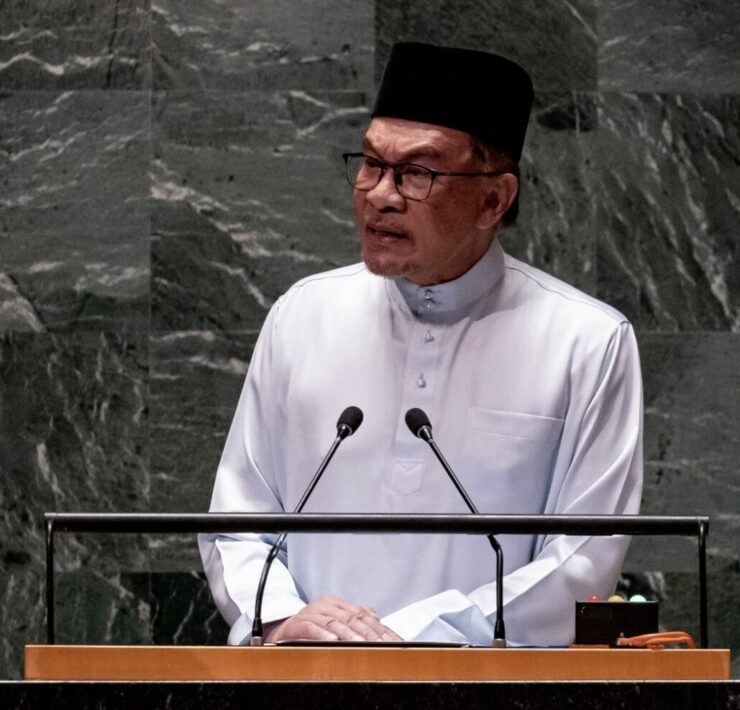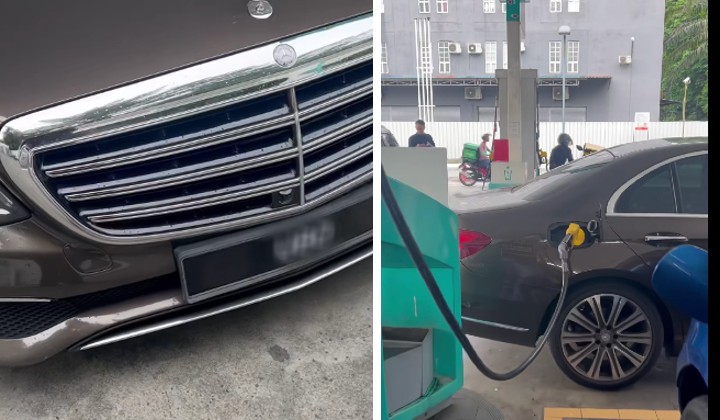What Is Petrol Subsidy & Why Are There Talks To Remove It?
Removing petrol subsidies help to reduce the country’s fiscal deficits.

Subscribe to our FREE Newsletter, or Telegram and WhatsApp channels for the latest stories and updates.
Petrol subsidies have long been in place in Malaysia and we have enjoyed the blanket subsidy for years. Yes, our current petrol prices are considered cheap!
This is why the current proposal to move to targeted petrol subsidies, channelled or determined by the PADU system, is receiving a lukewarm welcome.
The burden is also put on the people to enter their data into the PADU system if they want to enjoy the potential subsidy, further discouraging people from welcoming the initiative.
What does targeted petrol subsidy or petrol subsidy rationalisation mean?
In simplest terms, a targeted petrol subsidy or petrol subsidy rationalisation means gradually weaning off blanket petrol subsidies which will help reduce the country’s financial burden and put the funds saved to better use.
This is why some people are worried about petrol subsidies being removed forever. Moreover, it has been proven that targeted subsidies do not benefit everyone and the people who need the subsidy most often miss out. This underprivileged group are already meeting the first barrier: registering on PADU.
The end goal is to “tag” our local petrol prices to the international market rate. The decision towards free floating the petrol prices will bring a combination of pros and cons. Only time will tell if the switch is mostly good or bad for everyone.
According to Malaysiakini, the Malaysian government is ready to cut petrol subsidies by June 2024 with diesel prices to be the first to be floated to market rate.
Experts supporting and against the petrol subsidy elimination have outlined the potential benefits and downfalls.
What are the pros of removing the petrol subsidy?
According to the New Straits Times, a free float of fuel prices may save the government RM29 billion but it will also cost RM29 billion to consumers. In other words, it reduces the country’s fiscal deficits.
However, the saved cost, together with the subsidy budget, can be channelled to better causes such as helping the people that need it most such as the B40 community. It can also be channelled to critical areas like education, healthcare, and infrastructure to enhance economic productivity.
According to Sinar Daily, Bank Muamalat Malaysia Bhd chief economist Dr Mohd Afzanizam Abdul Rashid believes the higher fuel prices will deter smuggling due to increased costs and help enhance law enforcement efforts.
With more funds going into education and healthcare, Afzanizam believes it can lead to higher productivity and a skilled workforce resulting in rising income and price stability.

What about the cons of removing the petrol subsidies?
With the removal of petrol subsidies, the cost of living will surely experience a hike in some ways. Many people are worried that some businesses may take advantage of the situation and increase the price of their goods and services, even if the total fuel consumption is little or negligible.
As it stands, there have been suggestions to postpone or gradually implement petrol and diesel subsidy rationalisation to soften the blow on citizens.
As of 24 March 2924, consumers are currently charged RM2.05 per litre for RON95 and RM2.15 for diesel.
What do the people think?
Understandably, everyone is worried about price hikes and the rise in living costs. This will impact lower-income groups or those living in rural areas the most.
Many believe the government could help citizens save money by reducing income tax or lowering car import taxes.
When asked what preparations they would make to prepare for the removal of petrol subsidies, some said they would vote for a new government when the time comes.
Some also said they would consider registering for PADU and heading to work via public transport. If the price rises high enough, there might be a snowball effect with a push to work fewer days in the office and opt for work from home.
Meanwhile, there’s support to remove the subsidies as well. Some said removing the petrol subsidy will discourage more people from driving and thus, lessen traffic on the road.
They believe this would also encourage more people to use public transport and the increase in usage will force improvements in the public transport system.

Share your thoughts with us via TRP’s Facebook, Twitter, Instagram, or Threads.





